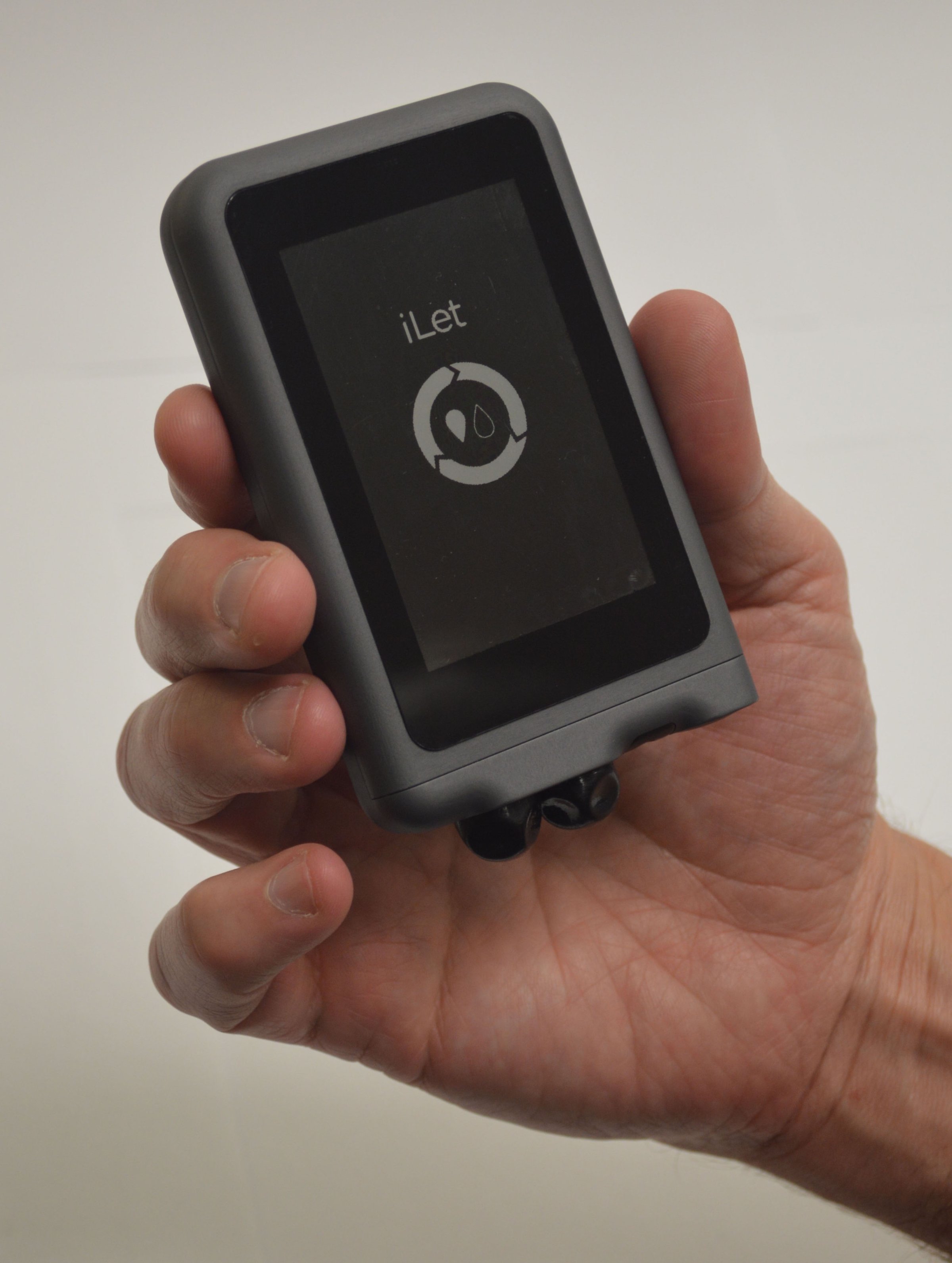
The race is on for what may be the biggest innovation in decades for Type 1 diabetes management—the bionic pancreas—and on Friday, one of the lead researchers in the field announced at the Endocrine Society’s annual meeting that he’s launched a company to bring that invention to market.
Ed Damiano, a professor of biomedical engineering at Boston University who is developing a bionic pancreas (also referred to as the artificial pancreas), has spun his academic research into a company called Beta Bionics. Recently, Beta Bionics secured $5 million from the pharmaceutical company Eli Lilly, which manufactures the insulin used in the device. “My goal is to bring this technology in a responsible and expeditious manner to as many people with diabetes as possible,” says Damiano.
As TIME previously reported, Damiano was inspired to make the device when his son David was diagnosed with diabetes as an infant. He wants the device on the market by the time David, now 16, goes off to college.
People with diabetes are constantly tracking and adjusting their blood sugar with insulin or food. A bionic pancreas would automate that process. Damiano’s device, called the iLet, takes blood sugar readings every five minutes, and depending on blood-sugar levels, releases insulin to bring the sugar down or another hormone called glucagon to bring it back up, keeping blood sugar steady throughout the day.
Damiano incorporated Beta Bionics as a benefit corporation. A benefit corporation allows companies to have a protected public-benefit mission. “It’s a for-profit organization but you are allowed to make management decisions that are in the interest of your mission that may or may not maximize return of equity to shareholders,” explains Damiano.
Beta Bionics is not without competition. Other research groups are developing similar technology. The medical device company Medtronic is in the game, and researchers at the University of Virginia and Harvard University announced in January that they will soon test their artificial pancreas in 240 people. One of the differences between Beta Bionic’s device and others is that instead of offering automated insulin delivery only, Beta Bionic’s also releases glucagon, which allows people to bring up their blood sugar without eating a snack. Damiano says they will likely have an insulin only version of the iLet approved in 2018 with the full system approved soon after that. Beta Bionics plans to begin its final pivotal clinical trial of the device in the middle of 2017.
“I’m still very hopeful about the bionic pancreas and we’re getting closer,” says Fred Cunha, whose daughter Elise, 8, was one of the youngest people to try the bionic pancreas in a trial. “Even though my wife and I can see her blood sugar on our Apple watches these days, it’s still a twenty-four-seven deal.”
More Must-Reads from TIME
- Cybersecurity Experts Are Sounding the Alarm on DOGE
- Meet the 2025 Women of the Year
- The Harsh Truth About Disability Inclusion
- Why Do More Young Adults Have Cancer?
- Colman Domingo Leads With Radical Love
- How to Get Better at Doing Things Alone
- Michelle Zauner Stares Down the Darkness
Contact us at letters@time.com